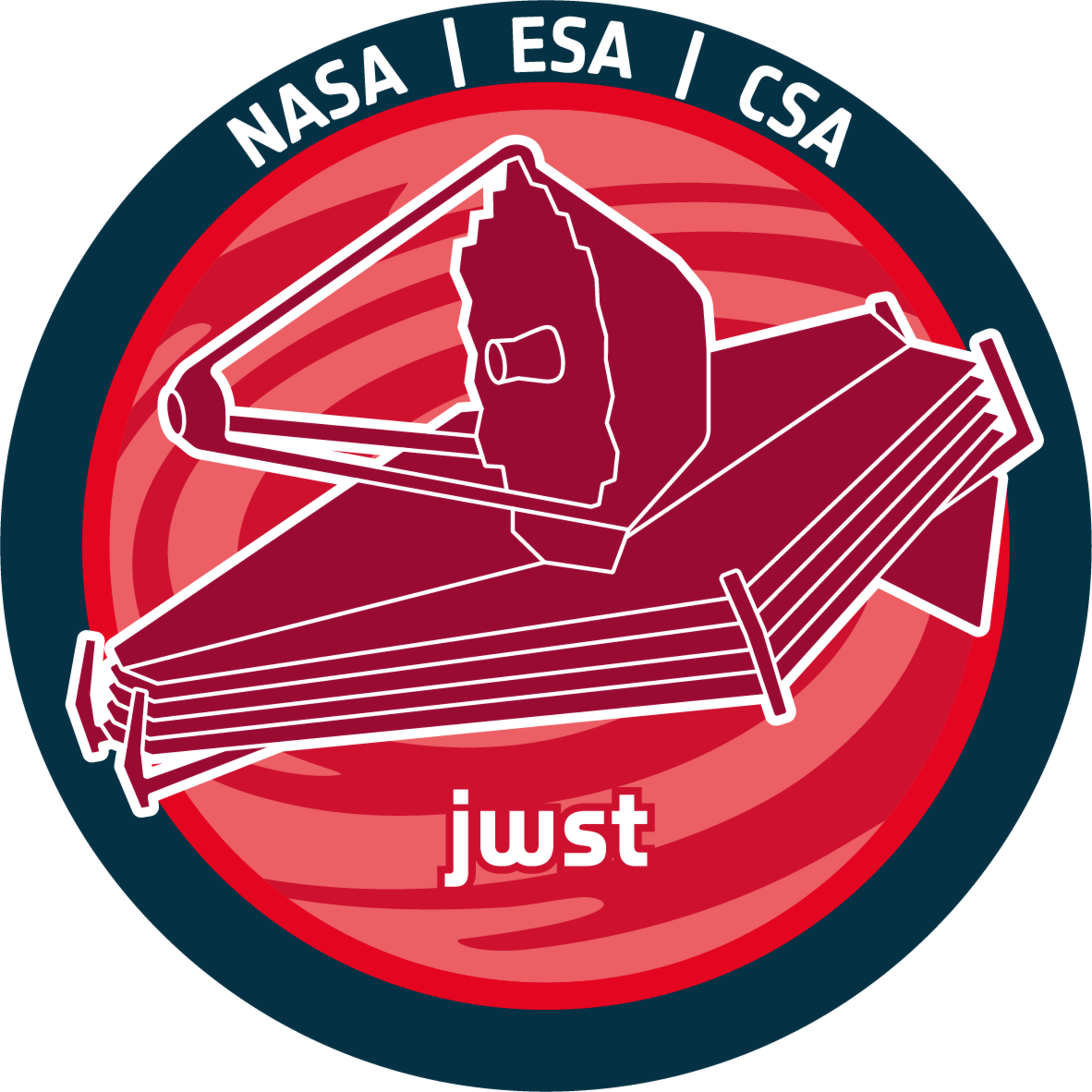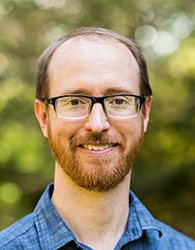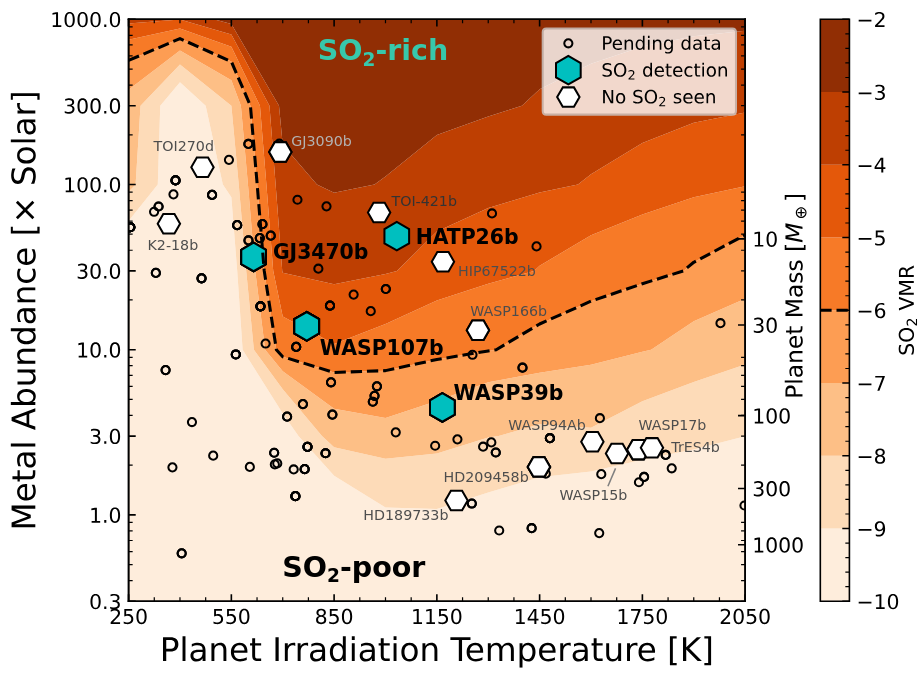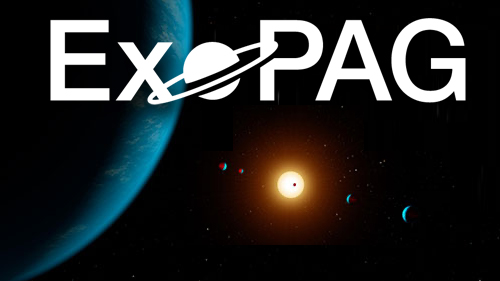KU Dept. of Physics and Astronomy
1082 Malott, 1251 Wescoe Hall Dr.
Lawrence, KS 66045
email : ianc@ku.edu
Ian J. M. Crossfield
Recent Results:
2025 Sep: Our latest paper is out: "Mapping the SO2 Shoreline in Gas Giant Exoplanets." The molecule SO2 (sulfur dioxide) is one of JWST's most interesting new exoplanetary discoveries; using a suite of >900 photochemical models our paper maps out which types of planets are expected to have detectable SO2. Intriguingly, despite a growing number of exoplanetary detection, SO2 is never the dominant sulfur-bearing molecule. Plenty more modeling & observations are needed to explain the emerging exoplanetary sulfur trends. Read all about it here, download the full grid of models here, download a quick array containing the shoreline contours here, or watch a talk on the topic that I gave in Jan 2026.
2025 Aug: Prof. Crossfield, leader of the KU ExoLab, was selected to serve for the next three years as Chair of the NASA Exoplanet Program Analysis Group (ExoPAG) Executive Committee. The ExoPAG is a community-driven group that coordinates community input into the development and execution of NASA’s Exoplanet Exploration Program and provides findings of analyses to the NASA Astrophysics Division Director.
2025 Aug: Congratulations and farewell to four ExoLab members as they start the next step in their astronomy careers. Postdoc Dr. Neda Hejazi is leaving to start a new research position in Chile with Prof. Barbara Rojas-Ayala; newly-minted PhDs Yoni Brande and David Coria are leaving for new postdoctoral positions at the University of Maryland (w/ Megan Wiener-Mansfield) and University of New Mexico (w/ Diana Dragomir), respectively; and undergrad Joseph Hand graduated and will take his NSF GRFP award to the University of Hawaii. We wish them all the very best of luck!
2025 Apr: Congratulations to ExoLab members Joseph Hand (senior, BS 2025) and Maleah Rhem (grad student) for winning the prestigious NSF GRFP award! This three-year fellowship provides three full years of graduate school support: Joseph will take his to the University of Hawaii (where he starts graduate school in the Fall) and Maleah will use hers here at KU -- making her the first-ever KU Astronomy Graduate student to win this highly competitive award. Congratulations!
2025 Feb: The KU ExoLab is leading the OrCAS survey to measure the masses of newly-discovered sub-Neptune exoplanets in order to reveal the Origins, Compositions, and Atmospheres of Sub-Neptunes (i.e., OrCAS). This collaboration between 10 institutions is using the Keck/KPF and WIYN/NEID spectrographs to measure new planet masses using Doppler Spectroscopy (the so-called "radial velocity" method). Our first paper defines our survey goals and target selection metrics, motivated particularly by the mismatch between the high occurrence rate of longer-period sub-Neptune exoplanets and the lower rate of approved JWST observations of these systems. Read the paper here!


IJMC
About Me:
Prof. Crossfield leads the KU ExoLab, a research group dedicated to
the discovery and characterization of nearby planetary systems.
I am
an Associate Professor of Physics and Astronomy working at Kansas
University's Department of Physics and
Astronomy. My interests lie in exoplanet formation, composition,
detection, and characterization, and the development of
instrumentation to further those pursuits. I am currently studying
extrasolar planets using both photometry and high-resolution
spectroscopy from the ground and space. I have worked all over: as an
assistant professor in the MIT Kavli
Institute and
associated Department of
Physics, as an adjunct professor and postdoctoral fellow at
the UC Santa Cruz Astronomy
Department, for two years at
UA's Lunar and Planetary
Laboratory in Tucson, for two years at
the MPIA in
Heidelberg, Germany and for three years at
the Jet Propulsion Laboratory.
I received my doctorate
from UCLA. I once maintained
an online repository of useful Python computing
tools (which urgently needs to be moved to GitHub).
Publications, Proceedings, and Talks
Curriculum Vitae
Travel (very outdated!)
Contact Information:
Ian J. M. Crossfield
Department of Physics and Astronomy
Kansas University
1082 Malott,1251 Wescoe Hall Dr.
Lawrence, KS 66045

